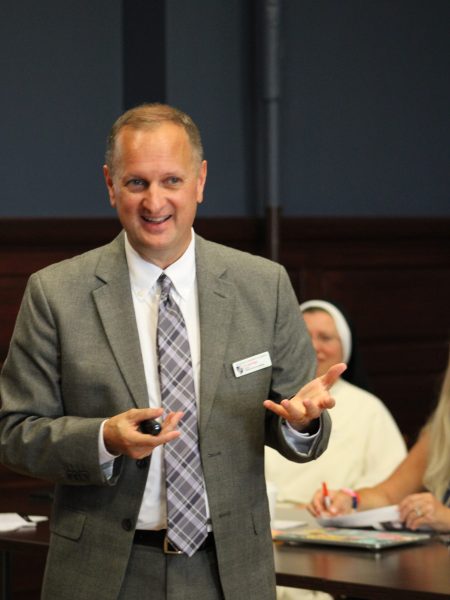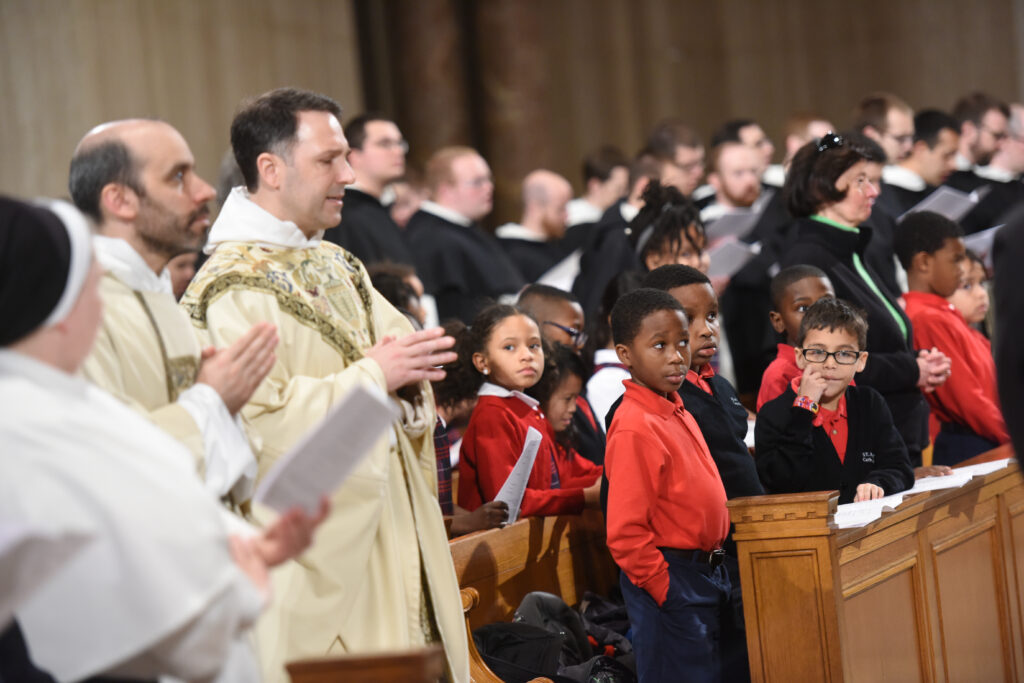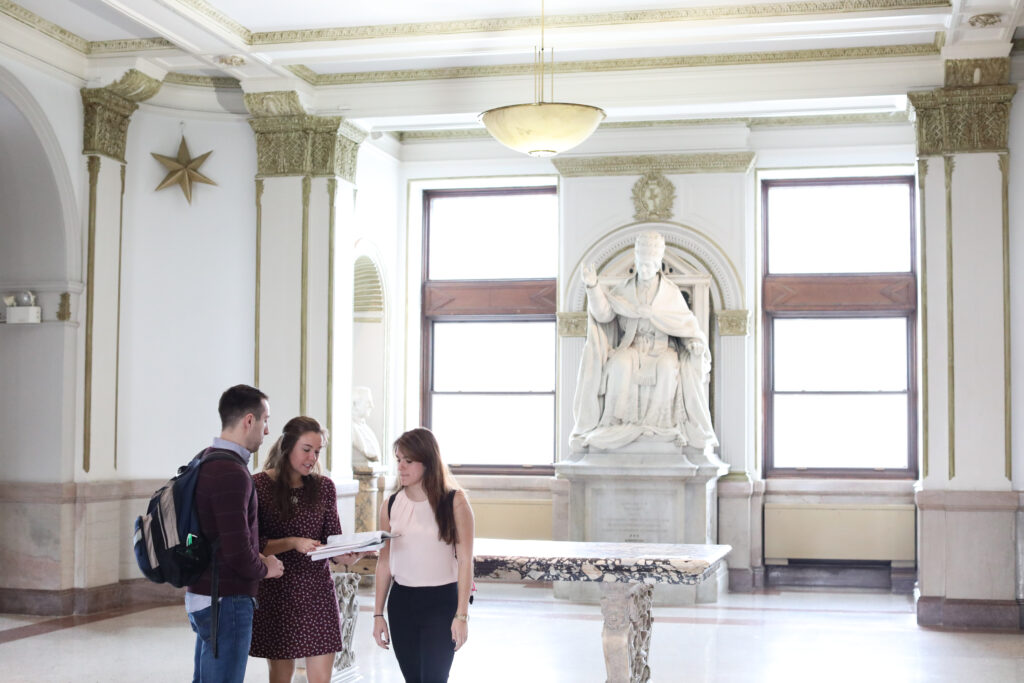Leader Formation
Leaders in a school or diocesan Catholic schools office have a tremendous opportunity to advance the transformation of Catholic education. Principals and superintendents assume a threefold task as spiritual leaders, educational leaders, and managerial leaders.
The leader formation programs of the ITCE aim at fostering the spiritual, intellectual, professional, and human formation of present and aspiring Catholic educational leaders.

Current Formation Opportunities
Bring ITCE leadership to your (arch)diocese or Catholic school to learn more and engage in discussion on the most recent Vatican document, which outlines a clearer awareness and consistency of the Catholic identity of the Church’s educational institutions. The up-to-date reflection and guidelines in response to the challenges of our times are applicable for every classroom, school, and diocesan office. We currently offer both one hour and three hour workshops.
Governing board members are critical leaders in Catholic education, charged with the ultimate stewardship of the school’s mission. Focused on Catholic identity, board leaders develop and embrace policies, programs, and procedures to insure the school’s strength and strategic sustainability for the future.
ITCE can customize professional development platforms to assist and strengthen boards based on a school’s identified needs including, but not limited to:
- Strategic planning counsel;
- Board education retreats and workshops; and
- Individualized coaching for pastors, school leaders and board members related to effective school governance.
Contact us to discuss how ITCE can support your Catholic school governing or advisory board with its mission-focused responsibilities.
Inspired by the Vatican document “The Identity of the Catholic School for a Culture of Dialogue,” this one-day professional development session delves into the essential spiritual, intellectual, cultural, and operational elements that define a Catholic school. School leaders will gain insights into how to recognize and strengthen the hallmarks of a mission-driven Catholic school while exploring resources and practices that deepen Catholic identity and enhance the educational experience.
The day will feature interactive activities, group discussions, and personal reflection, all aimed at highlighting best practices and strategies for nurturing an authentic Catholic education.
Contact us today to schedule this opportunity for dioceses and schools.
Looking for an engaging and dynamic keynote speaker for your next principals conference? Invite Dr. Daryl Hagan, author of Communion and Community: 46 Ways to Engage Catholic School Faculty and Staff During the School Year, and Dr. Andrew Kremer, author of Catholic Accreditation: The Heart of Growth is Culture, to inspire and energize your teachers.
The session, Building Communion and Community through Authentic Catholic Culture, will empower school leaders by delving into the core aspects of Catholic education’s mission.
Contact us today to schedule this exciting opportunity for dioceses and schools!
We collaborate with schools and dioceses to develop tailored formation programs for Catholic school leaders. Topics cover spiritual, administrative, instructional, and operational leadership using the four domains of the National Standards and Benchmarks for Effective Catholic Schools (NSBECS) and the ITCE’s Spiritual, Intellectual, Cultural, and Operational pillars as the guiding framework. We can create a program that meets the unique needs of your school.
Degree Programs at CUA
The Department of Education at The Catholic University of America has a rich tradition of preparing teachers and educators to serve in Catholic schools.
Learn more about program offerings for graduate students here!

Visit our Resource Library for free faith formation resources and materials for teachers and leaders.


